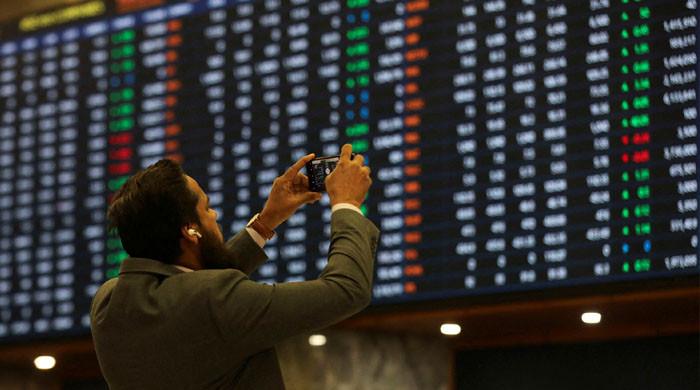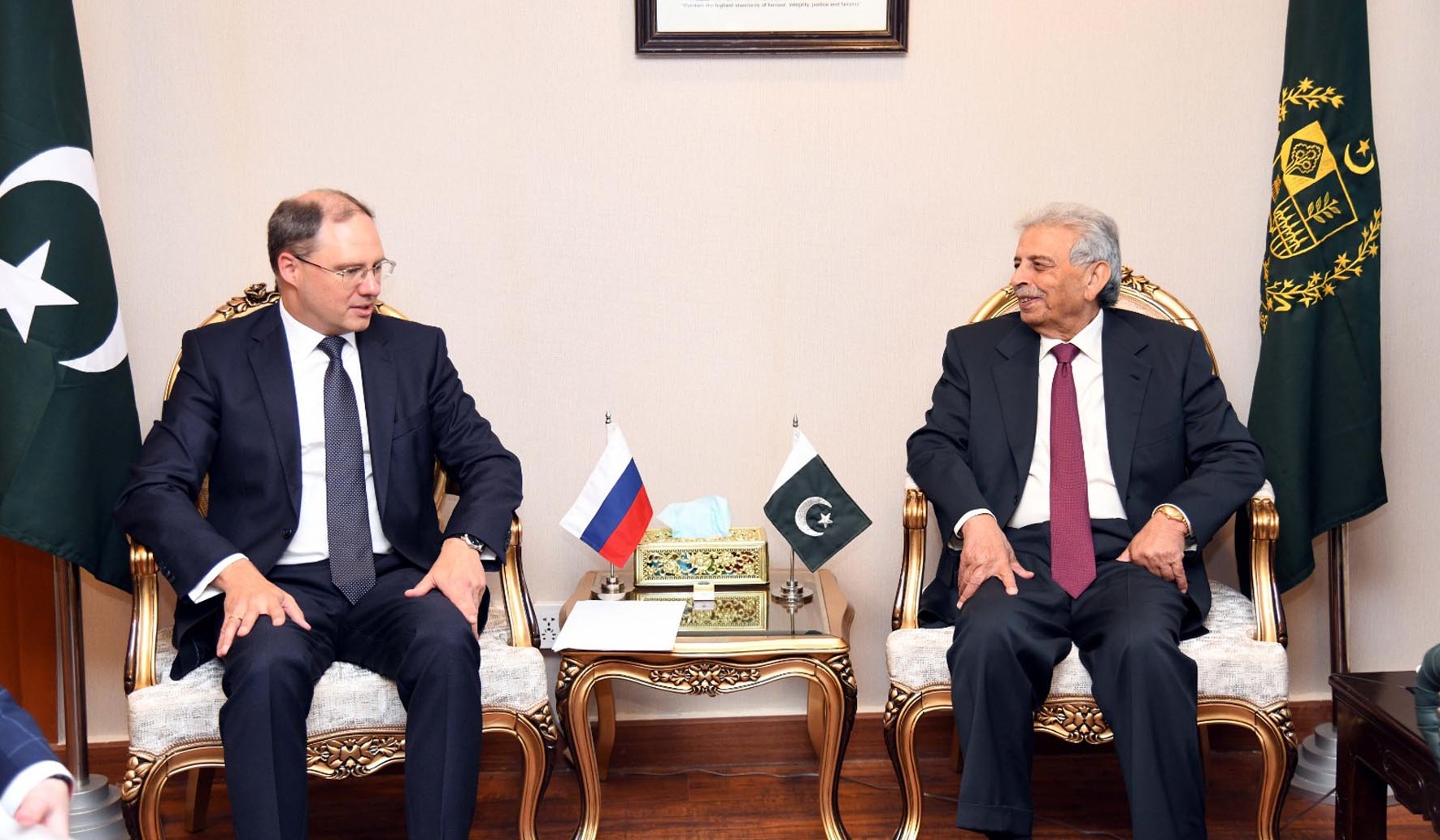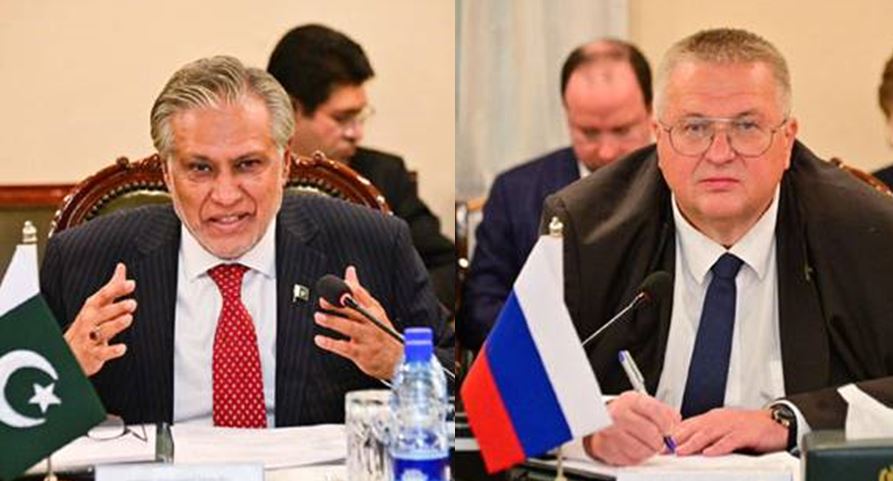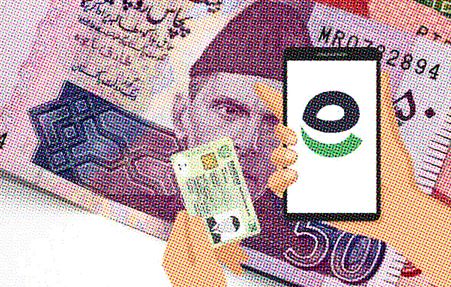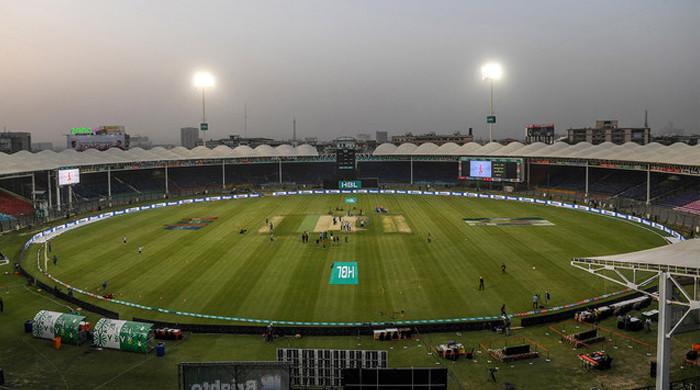ISLAMABAD:
The government has planned to set up a new dedicated Mines and Minerals Division as part of efforts to accelerate mining activities to give a big push to Pakistan’s economy.
This is in line with the attempts made in the previous tenure of Pakistan Democratic Movement (PDM) government, which strived to establish the Mines and Minerals Division to ramp up efforts for the exploitation of minerals in the country.
Balochistan is rich in mineral resources where all-out efforts are being made to expedite mining activities after an out-of-court settlement with a foreign firm in relation to the Reko Diq copper and gold mining project. The chief of Barrick Gold, headquartered in Toronto, Canada, has been seen active over the past few days after Shehbaz Sharif took over as the prime minister.
He recently held a meeting with the prime minister in Lahore where the premier assured him of fool-proof security arrangements for kicking off mining under the Reko Diq project, officials say.
At present, Barrick Gold and Pakistani companies are making efforts to arrange funds for the project located in the Chagai area of Balochistan.
In this regard, Pakistan’s government has worked out a $1.9 billion funding plan. However, total project funding has been estimated at $4.297 billion.
Of this, the share of a special purpose vehicle (SPV) of state-owned enterprises (SOEs) will be $1.194 billion and that of Balochistan government SPV will be $717 million, according to the definitive agreements. The share of Balochistan will be funded by the federal government.
The Reko Diq project is being executed by a joint venture comprising Barrick Gold, the government of Balochistan and SOEs namely Pakistan Petroleum Limited, Oil and Gas Development Company and Government Holdings (Private) Limited.
At present, a feasibility study is underway that is likely to be completed by the end of this year. At the same time, relevant companies are trying to arrange foreign financing for the project. Saudi Arabia has also shown keen interest in becoming part of Reko Diq. Kuwait is another country from where Pakistan is seeking funds for minerals mining.
Pakistan and Kuwait have agreed to establish a $1 billion mining fund. Islamabad has designated a state-owned company as lead entity for engaging in cooperation with Kuwait. In this regard, the two sides have held initial deliberations and a Kuwaiti company is interested in the mining of metals and minerals used in renewable energy.
During the visit of the caretaker prime minister late last year, Pakistan and Kuwait signed a memorandum of understanding on investment cooperation in water supply projects for the development of mines in Chagai and surrounding areas.
The Petroleum Division has already set up a Minerals Cell while the government is working on revising the National Minerals Policy to stimulate foreign investment in the minerals-rich province of Balochistan. Among other measures being undertaken is potential amendments to the policy and rules to remove hurdles in the way of gold and copper mining and woo foreign investors.
Now, the government is going to set up a dedicated Mines and Minerals Division with the mandate to deal with all the issues facing the sector.
Work is also underway on the second draft of National Minerals Policy. In addition, the first draft for updating the Mines Act 1923 has already been prepared. Officials revealed that a gap analysis was being conducted to update the Provincial Minerals Concession Rules, which would be finalised in the coming months.
Published in The Express Tribune, March 29th, 2024.
Like Business on Facebook, follow @TribuneBiz on Twitter to stay informed and join in the conversation.
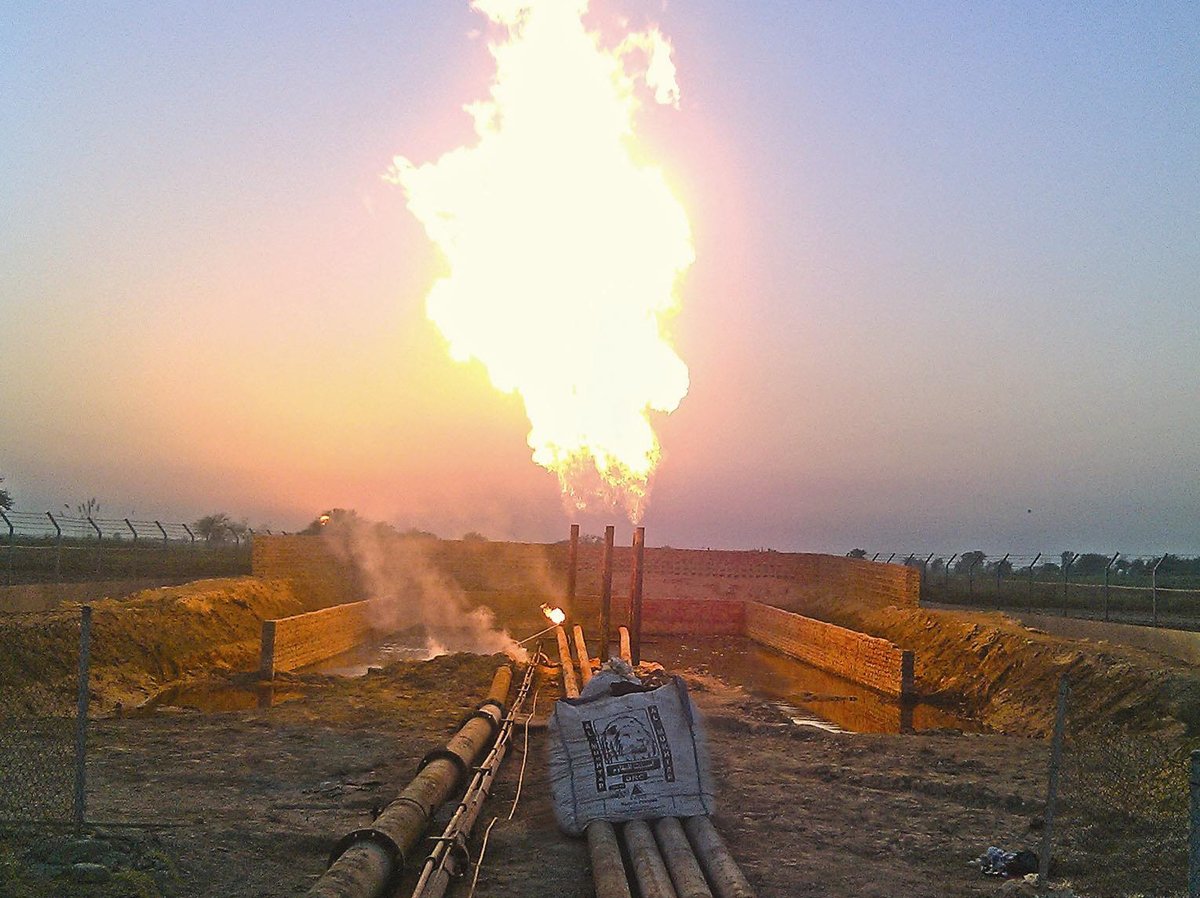

 Technology6 مہینے ago
Technology6 مہینے ago
 Pakistan7 مہینے ago
Pakistan7 مہینے ago
 Sports6 مہینے ago
Sports6 مہینے ago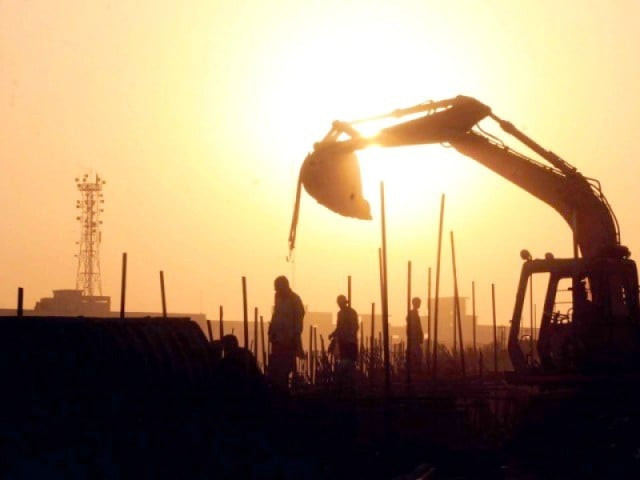
 Pakistan6 مہینے ago
Pakistan6 مہینے ago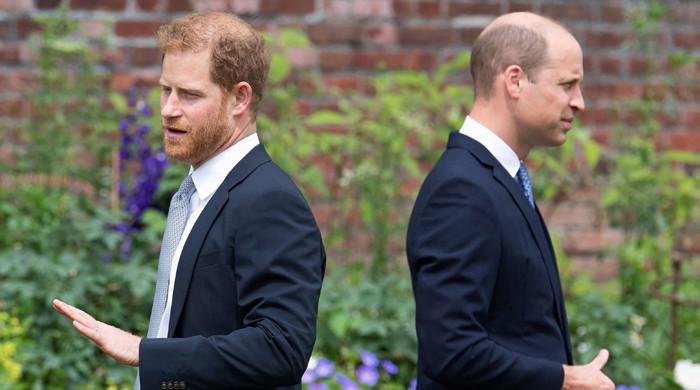
 Entertainment6 مہینے ago
Entertainment6 مہینے ago
 Pakistan6 مہینے ago
Pakistan6 مہینے ago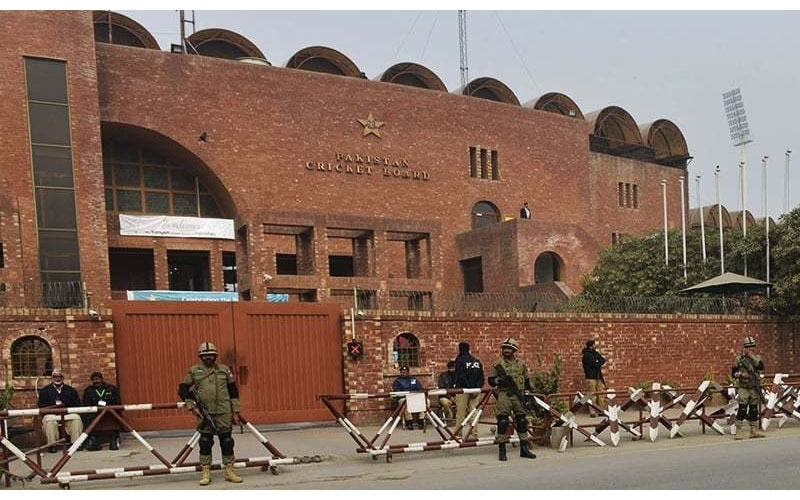
 Sports5 مہینے ago
Sports5 مہینے ago
 Pakistan6 مہینے ago
Pakistan6 مہینے ago
